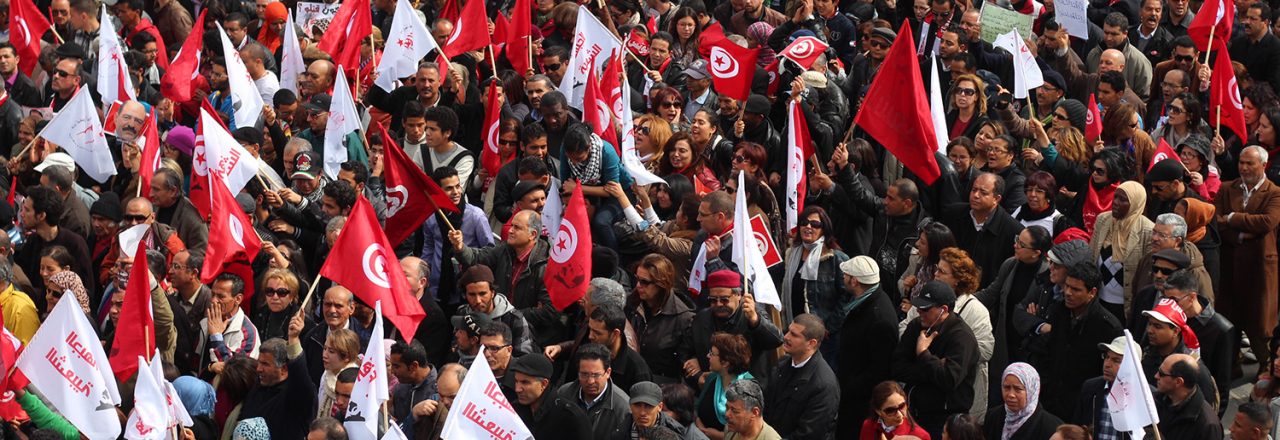
Abstract
Over the past six years, Tunisia has been testing new avenues of political order. Democratic institutions have emerged, underpinned by a new constitution. However, the entrenched elites defend their acquired taste for preferential treatment, slowing down democratisation in the name of fighting jihadist terror. Weak economic growth and persistent regional disparities continue to fuel discontent, translating into frustration with the expected results of the democratic experiment. On top of that, rifts between Islamists and non-Islamists tend to polarise politics, making it difficult to chart a consensual way forward. Overall, the transition features several elements of hybridity and fragility, remaining in many aspects a work in progress and producing a significant number of uncertainties, in instances where the state should lead and reassure. Accordingly, institutional consolidation risks being undermined by growing contempt for the state and the emerging political system. Against this complex backdrop of issues, the Joint Policy Study provides an overview of the essential features and challenges of the transition, crystallised in four pivotal problem areas, each covered by renowned experts.
The Joint Policy Study is the outcome of the Working Package on “Transformation in Tunisia: The First Five Years”, led by the Finnish Institute of International Affairs, in the framework for the EuroMeSCo ENI Project, co-financed by the European Union and the European Institute of the Mediterranean (IEMed).






